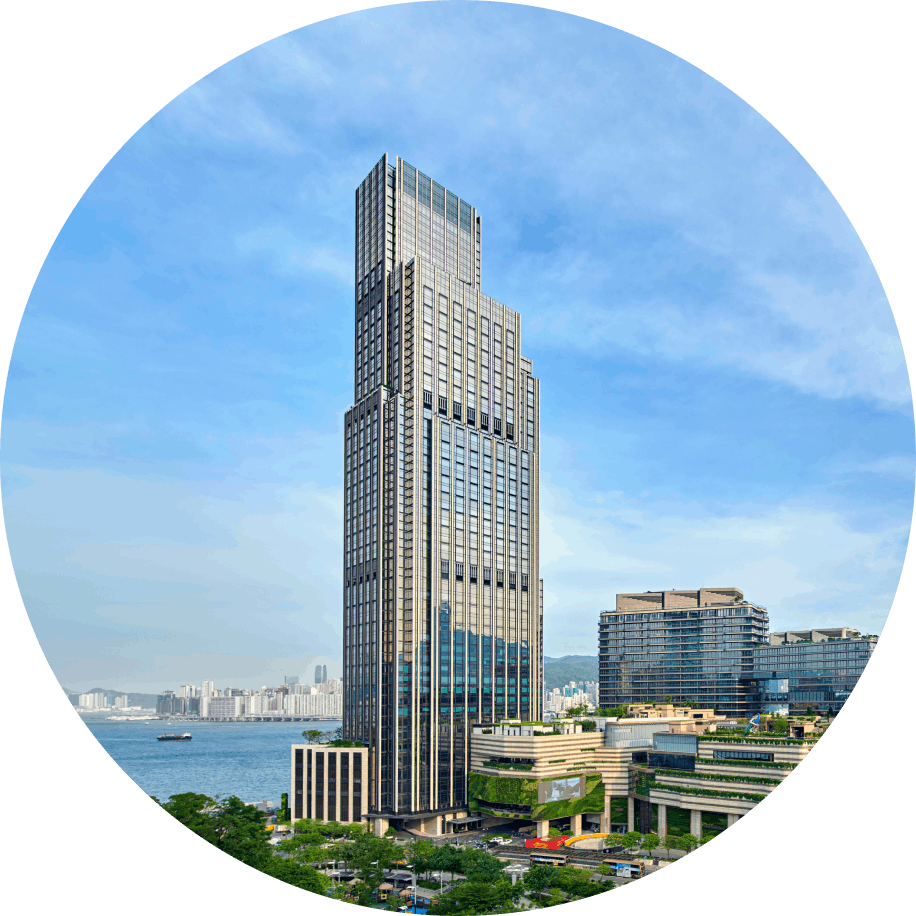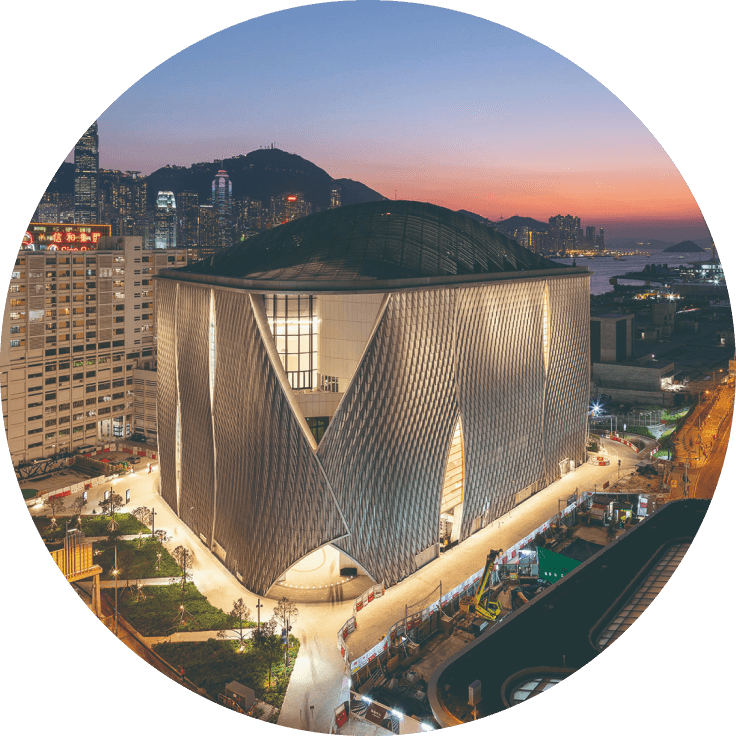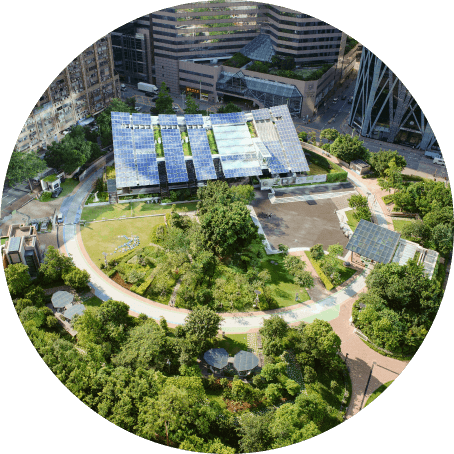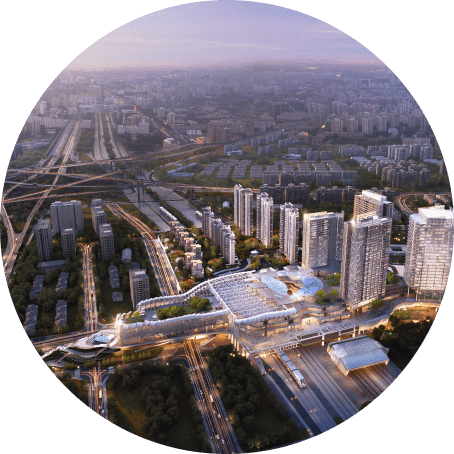About Us
Behave is the scientific research arm of Ronald Lu & Partners, the pioneering human-centric sustainable architecture firm.
The Behave team is committed to
Being and remaining curious
Observing how things work and how they change
Having the humility to pursue the best train of thought or course of action together
Having the courage to question and challenge established assumptions
Being empathetic about the impact of events on wider communities
People
 Bryant LU Chairman
Bryant LU ChairmanFor more than 20 years, Bryant has been a sustainability leader in the architecture and design industries.
Curious, creative and globally-minded from a young age, Bryant was always intrigued by how people, buildings, spaces and cities fit and work together. His inquisitiveness drove him to study architecture in the US, where he graduated from Cornell University; after which he amassed decades of experience in design and business development in Hong Kong, mainland China and New York.
What drives Bryant today are his beliefs in the necessity of designing sustainable, human-centric developments that create connections and bring communities together. He sees a future where spaces and environments, augmented by technology, work holistically to improve human lives, make societies stronger, and ensure the resilience of the cities for centuries to come.
Bryant also actively supports a variety of arts and social organisations. He is one of the inaugural council members for design and architecture at M+, the new museum of visual culture in Hong Kong. He is also Deputy Chairman of the Board of Governors of the Hong Kong Art Centre, and a council member of the Hong Kong Chinese Orchestra. A regular commentator and lecturer, he has spoken publicly about a range of societal issues, from high-rise, high-density developments to sustainable living.
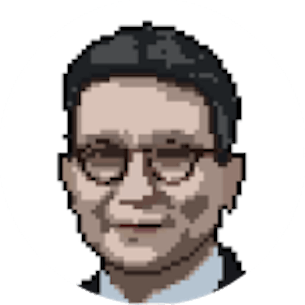 MK LEUNG Principal Behaviourist
MK LEUNG Principal BehaviouristMK is passionate about creating a greener and smarter future through transdisciplinary innovations. Using the combined strength of his integrated, science-based knowledge of sustainable building design, his collaborative and design-based thinking and his inquisitive mind, MK is dedicated to exploring new perspectives to gather impactful insights and build solutions.
MK graduated with distinction from the University of Hong Kong and acquired further training in environmental design at the University of Cambridge. He joined Ronald Lu and Partners in 2008 where he led projects that have been instrumental in advancing the green building movement in Hong Kong, including the city’s first zero carbon building, and the award-winning new Chai Wan campus of THEi; the pioneering sustainability master plan for Hong Kong Science Park Phase 3; and formulating new guidelines and standards for green building and neighbourhoods for the Hong Kong Green Building Council (HKGBC) and the Hong Kong government.
MK also serves as a director of the HKGBC, Chairman of the HKGBC’s Sustainable Development Committee, a non-official expert member of the Expanded Building Committee of the Hong Kong Buildings Department, a member of WWF-Hong Kong's Conservation Committee, and was a non-official member of the Joint Urban Design Advisory Group of the Hong Kong Development Bureau (2018 - 2020).
 Dicken POON Behaviourist
Dicken POON Behaviourist Irene HO Behaviourist
Irene HO Behaviourist Alvin KUNG Associate
Alvin KUNG Associate Yuxiu Zu Analyst
Yuxiu Zu Analyst Leo Li Analyst
Leo Li Analyst Grey Tse Project Assistant
Grey Tse Project Assistant
Join Us
We seek to step outside our comfort zones and look at the world with a fresh perspective.
- 1 Have the courage to develop novel modes of engagement with existing and new networks across different disciplines
- 2 Are brave enough to challenge assumptions and keep an open mind, allowing you to explore how urban centres can become more climate resilient, technologically future-ready, and happier, healthier, more fulfilling places to live, work and play.
- 3 Are comfortable with fluidity and ambiguity, as these will allow you to develop a growth mind-set and work through problems without knowing all the parameters at the outset.
- 4 Trust the process and yourself. We do not start with pre-conceived ideas, we let them flow from a journey of discovery.
- Address
- Tel.
+852 2567 3688
- Email
